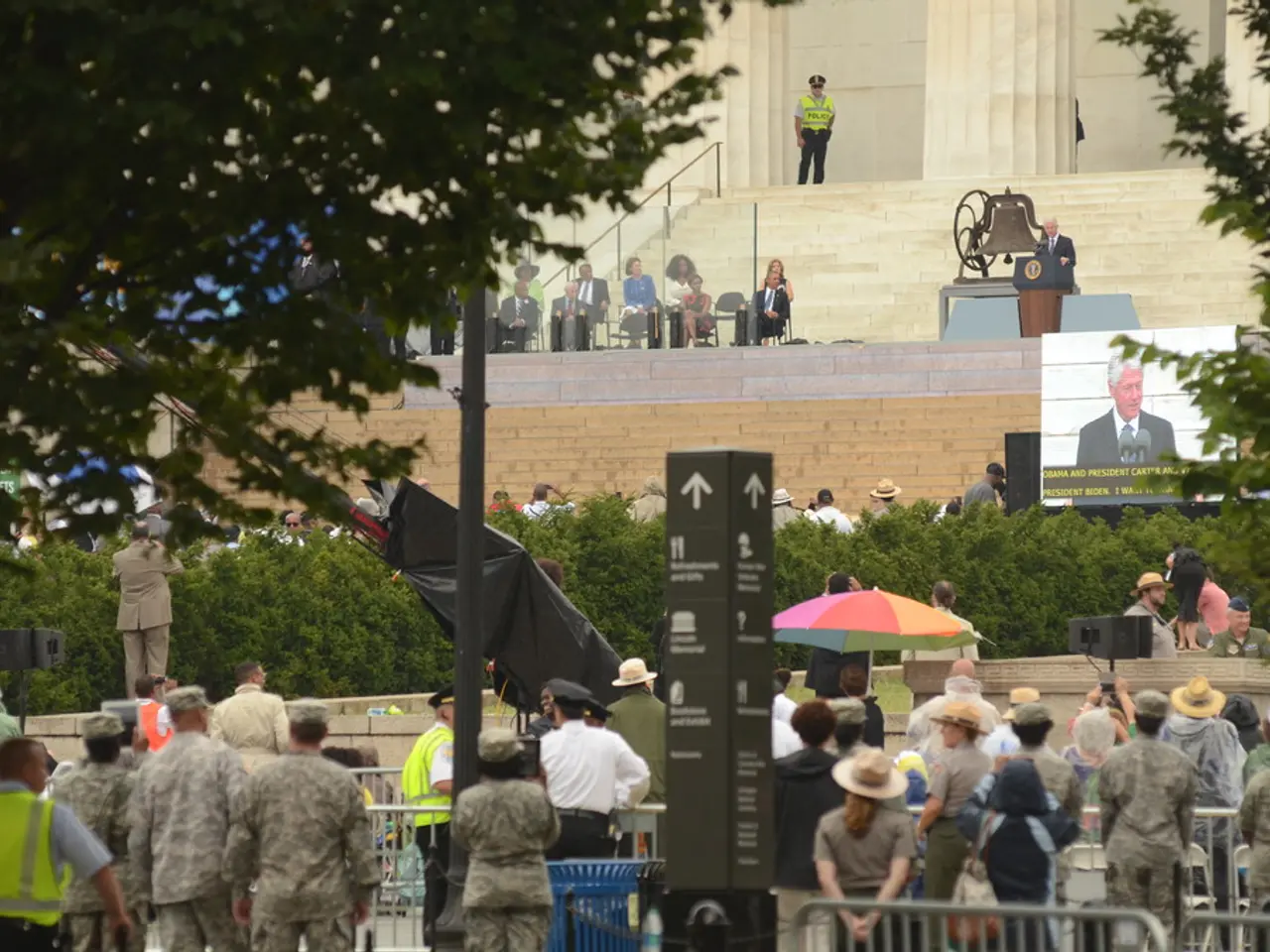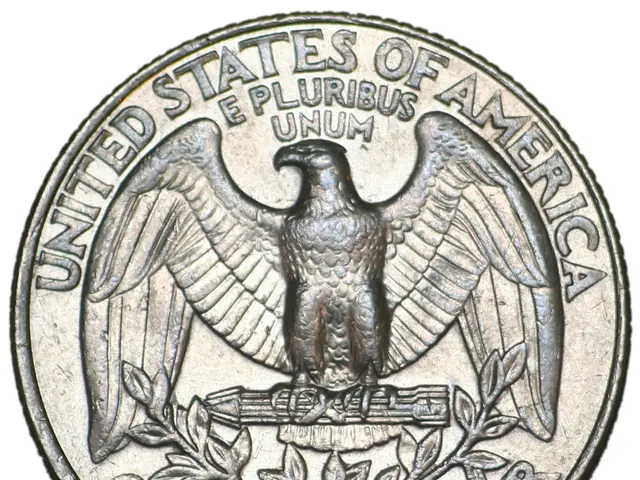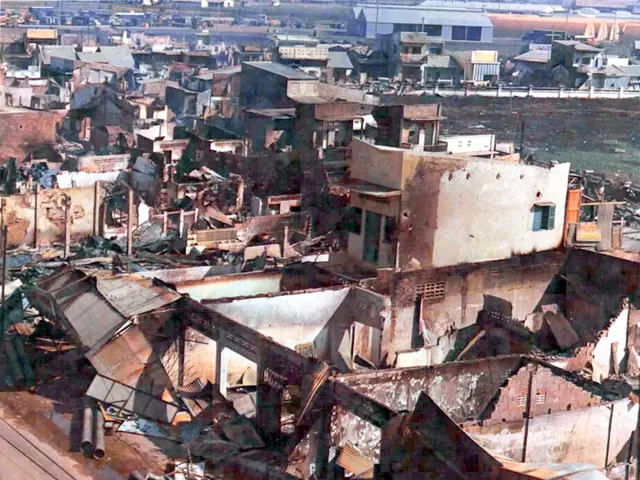U.S. Move to Cancel Palestinian President's Visa Expected to Boost Conflict and Intensify Escalation, Says Presidential Office
The Middle East is once again at the centre of international attention, with a series of recent events causing concern and controversy.
In a move that has been met with strong criticism, the Trump administration has taken several steps to target Palestinians with visa restrictions. This decision has been met with urgency from the Palestinian presidential spokesperson, Nabil Abu Rudeineh, who is urging the U.S. government to reverse the decision. The Palestinian Authority denounces these visa withdrawals as a violation of U.S. commitments as the host country of the United Nations.
The State Department believes it is in the U.S.'s national security interests to hold the PLO (Palestinian Liberation Organization) and PA (Palestinian Authority) accountable for not complying with their commitments and undermining the prospects for peace. However, this stance has sparked a heated response from the Palestinian Authority, who are also urging an end to Israel's offensive in Gaza and escalation in the West Bank.
Israel has declared Gaza's largest city a combat zone, citing it as a stronghold of Hamas. The Palestinian Authority's calls for an end to this offensive have fallen on deaf ears, as Israel continues its military operations.
Meanwhile, the international community is making efforts to revive the two-state solution in the Middle East. France and Saudi Arabia have initiated a high-level international conference, scheduled from July 28 to 30, 2025, in New York under UN auspices. Switzerland and numerous international partners have also joined this initiative. The conference, set for September 22, is co-hosted by France and Saudi Arabia and aims to revive efforts for a two-state solution in the Middle East.
This conference comes at a time when Palestinian President Mahmoud Abbas was meant to appear at the U.N.'s main annual meeting and an international conference about creating a Palestinian state. However, his appearance has been jeopardised by U.S. Secretary of State Marco Rubio, who has revoked the visas of Abbas and 80 other officials.
The U.N. spokesman, Stephane Dujarric, has stated that the world body would be seeking clarification from the State Department regarding this decision. France's Foreign Minister, Jean-Noël Barrot, has also protested restrictions on access to the U.N. General Assembly.
These events highlight the complex and contentious nature of the Middle East conflict, with tensions running high and international efforts to find a solution facing numerous challenges. The upcoming conference in September offers a glimmer of hope for a peaceful resolution, but the path to peace is far from easy.
Read also:
- ICE directed to enhance detention conditions following NYC immigrants' allegations of maltreatment
- Israeli finance minister issues warnings about potential annexation of West Bank territories
- United States faces rebuttal from South Africa over allegedly deceitful human rights report and assertions of land expropriation
- Accident at Rodalben Results in Injuries; Geoskop Area near Kusel Affected After Stormy Weather





